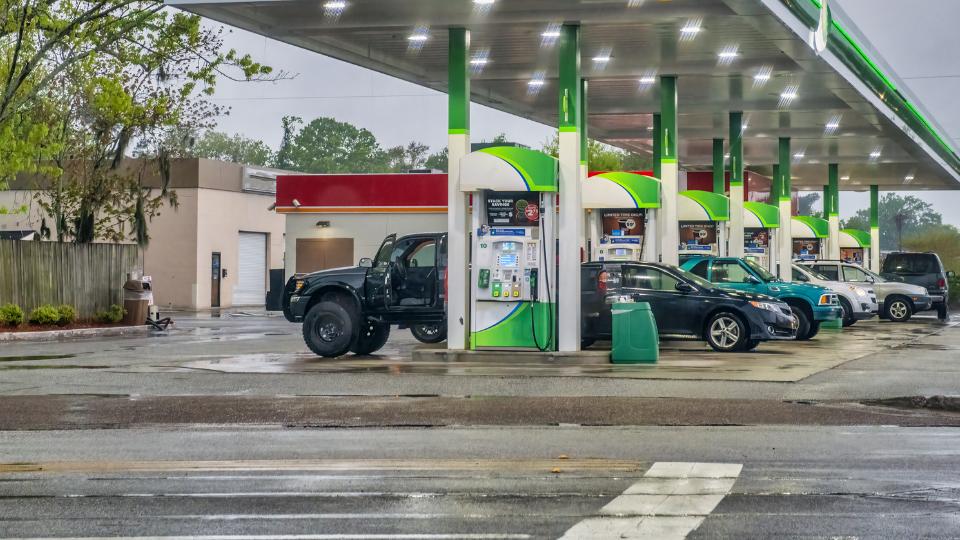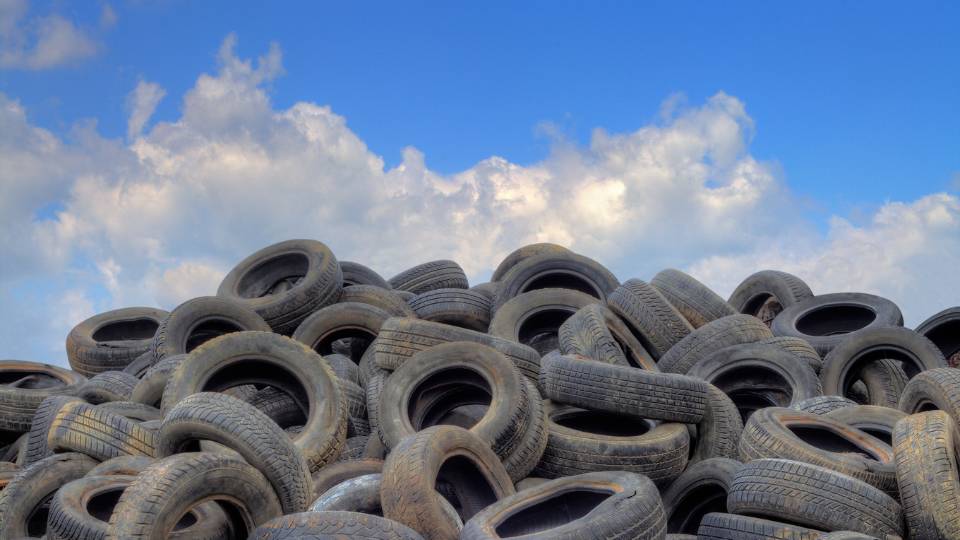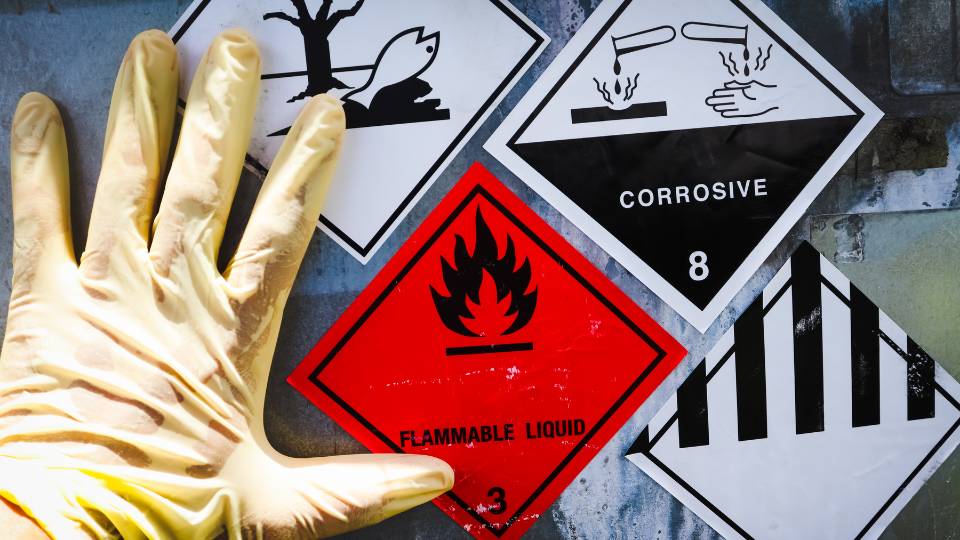
Proper disposal of garage chemicals is crucial for both environmental protection and regulatory compliance.
Many garage chemicals are hazardous and pose risks to human health and the environment if not handled correctly.
This guide outlines the best practices for UK business owners to safely dispose of these substances.
Table of Contents
- Why Safe Disposal of Garage Chemicals Matters
- Legal Obligations for Garage Chemicals
- Steps for Safe Garage Chemical Disposal
- Best Practices for Garage Chemicals
- Conclusion
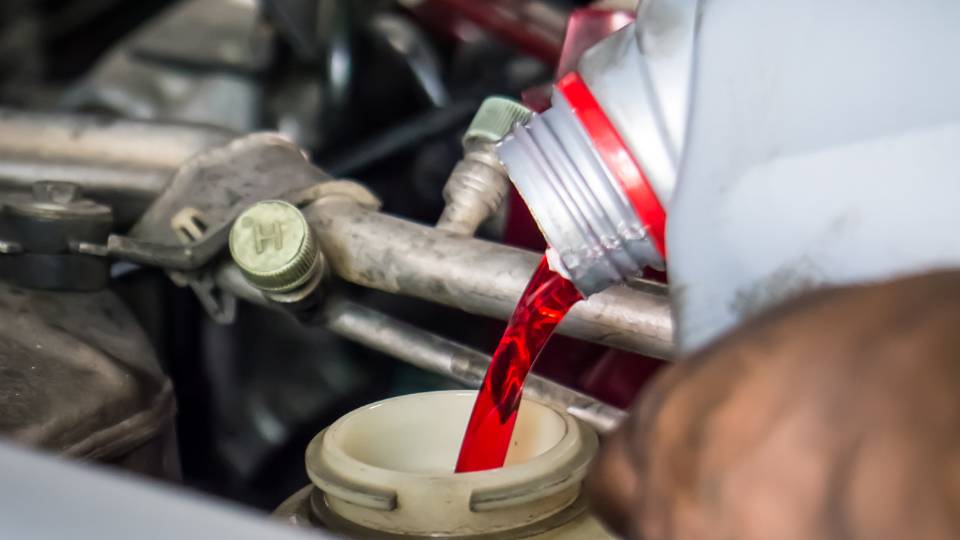
Why Safe Disposal of Garage Chemicals Matters
Garage chemicals such as motor oil, brake fluid, antifreeze, solvents, and batteries are classified as hazardous waste.
Improper disposal can lead to soil contamination, water pollution, and health hazards.
According to the UK Environment Agency, hazardous waste should be managed to prevent harm to human health and the environment.
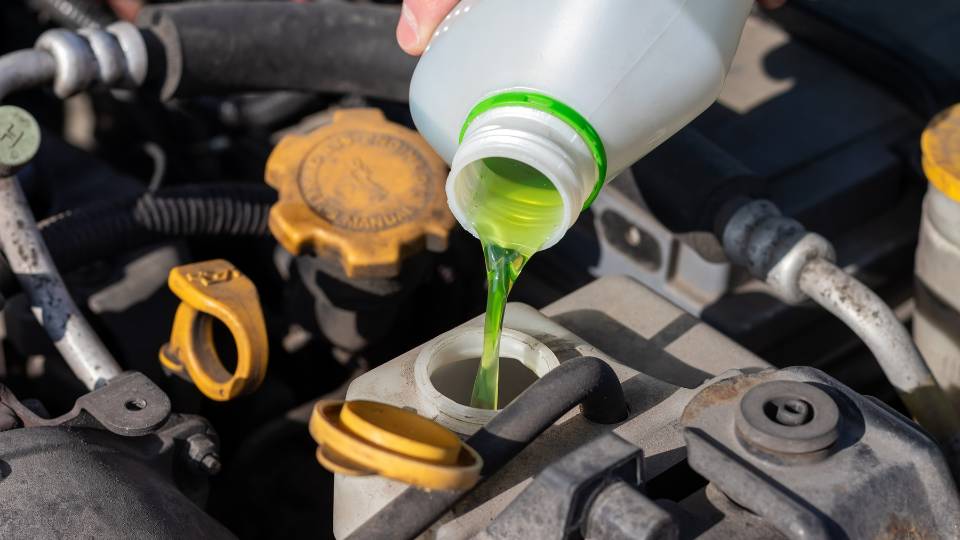
Legal Obligations for Garage Chemicals
In the UK, businesses are required to follow the regulations set out in the Hazardous Waste (England and Wales) Regulations 2005 and its amendments.
Failing to comply can result in hefty fines and legal consequences.
Businesses must ensure that hazardous waste is collected, transported, and disposed of by licensed carriers (just like us!) and facilities.
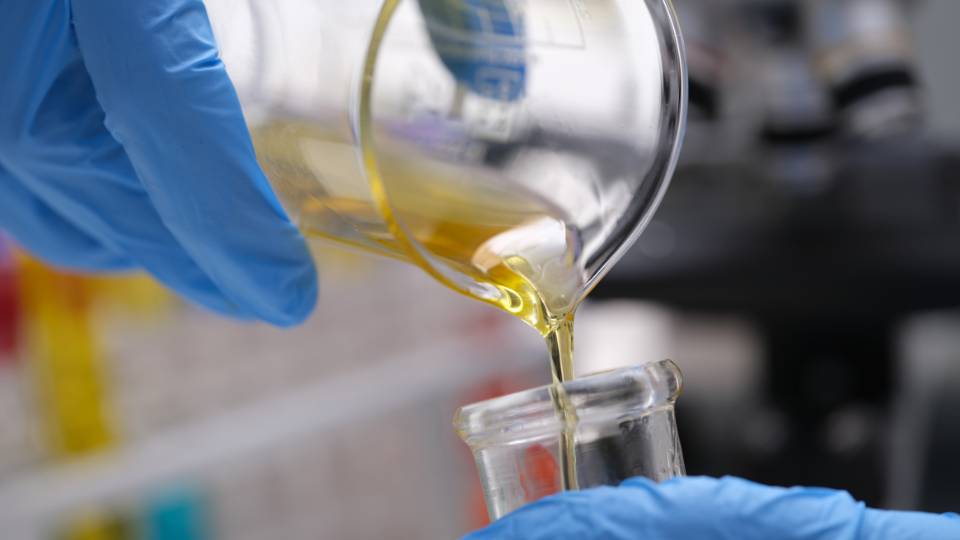
Steps for Safe Garage Chemical Disposal
1. Identify Hazardous Garage Chemicals:
Start by conducting an inventory of all chemicals stored in your garage. Look for items such as:
- Motor oil
- Brake fluid
- Antifreeze
- Solvents
- Paints and varnishes
- Cleaning agents
- Batteries
2. Separate and Label your Garage Chemicals:
Properly segregate hazardous chemicals from non-hazardous waste.
Clearly label all containers with the contents and any relevant hazard symbols.
3. Storage of your Garage Chemicals:
Store hazardous chemicals in suitable, leak-proof containers.
Ensure that these are kept in a secure area away from potential sources of ignition and extreme temperatures.
4. Use Licensed Waste Carriers:
Only use licensed waste carriers for the collection and transportation of hazardous waste (just like us!).
You can verify a carrier’s license on the Environment Agency’s public register.
5. Documentation:
Keep detailed records of all hazardous waste transfers, including waste transfer notes and consignment notes. These documents should include details about the type of waste, quantity, origin, and destination.
6. Recycling and Disposal of your Garage Chemicals:
Some garage chemicals can be recycled. For example:
- Motor oil: Used motor oil can be recycled and re-refined
- Batteries: Lead-acid batteries can be recycled for their lead and plastic components.
Contact local recycling centers to see if they accept these materials.
For chemicals that cannot be recycled, ensure they are disposed of at a licensed hazardous waste facility.
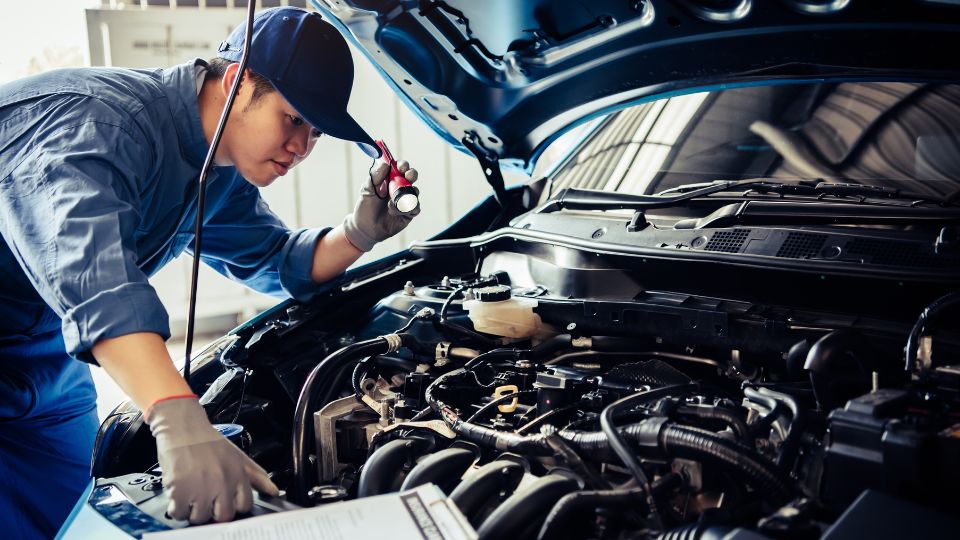
Best Practices for Garage Chemicals
- Training: Provide training for employees on the proper handling, storage, and disposal of hazardous chemicals.
- Spill Kits: Keep spill kits on hand to deal with any accidental releases.
- Regular Audits: Conduct regular audits of your chemical storage and disposal processes to ensure compliance with regulations.
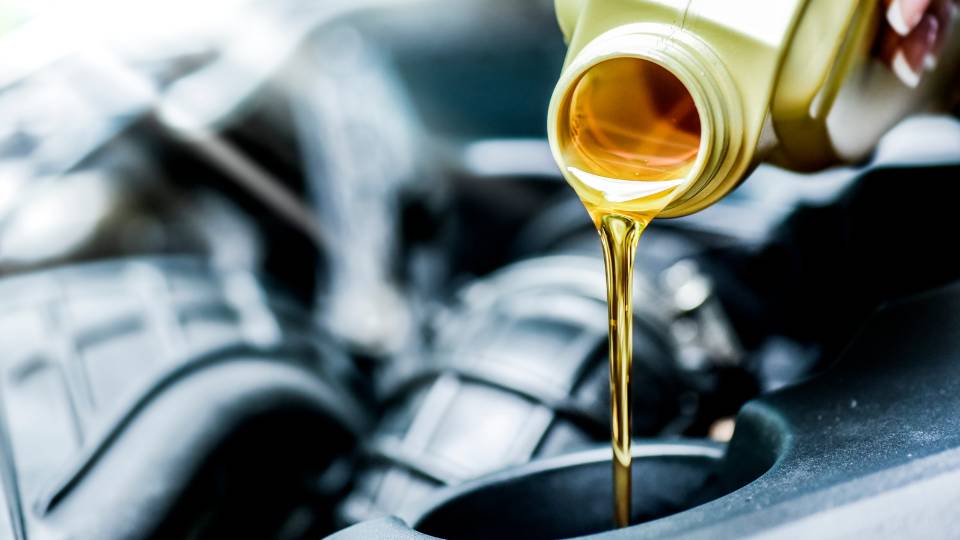
Conclusion
Proper disposal of garage chemicals is not only a legal requirement but also a critical aspect of environmental stewardship. By following these guidelines, UK business owners can ensure they are disposing of hazardous waste safely and responsibly.
For further information on hazardous waste regulations and disposal services, visit the UK Environment Agency’s website or consult with a waste management professional.

